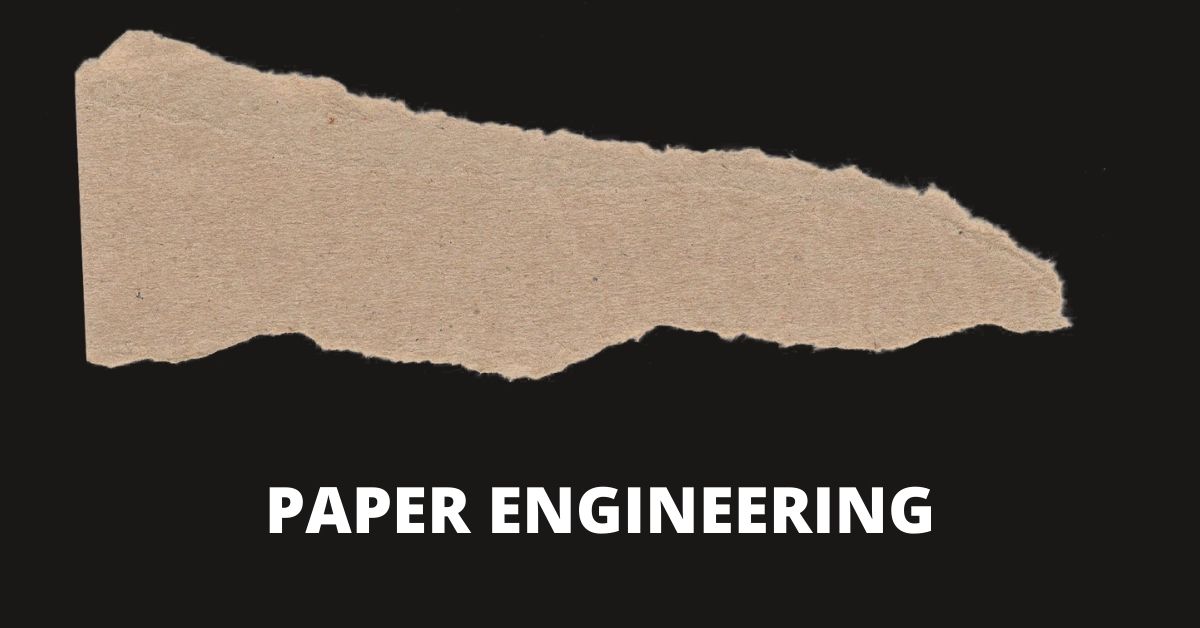What Is Automotive Engineering?
Automotive engineering, as with aerospace engineering and marine biology, is a very broad branch of automotive science, adding elements of automotive, mechanical, electronics, software, and structural science. Some of the main topics studied are energy efficiency, biodiesel production, auto repair and maintenance, general motor performance, vehicle dynamics, and the testing of vehicles in various situations. There are also numerous areas of specialization within this broad field of study.
In the United States, automotive engineers are responsible for analyzing, designing, and creating new and innovative automobile technology. They must incorporate their knowledge of mechanics and electronics with their creativity to come up with new and improved automobiles. Automotive engineering is one of the fastest-growing fields in the field of science. There are many colleges and universities that offer programs leading to an automotive engineering degree.
Many car manufacturers employ automotive engineers, but smaller manufacturers also often hire these professionals as well. Automotive engineers usually belong to one of four groups. The first is the concept, design, and test engineers. These engineers focus on the concepts and engineering of the automobile. They will design the car from the beginning through the testing phase, determining all aspects of the car’s potential including performance, efficiency, durability, safety, reliability, and fuel economy.
The second group is the mechanical engineers. These engineers are in charge of finding ways to make cars run more efficiently. They will look at the entire manufacturing process to find out what parts are necessary to improve the car’s efficiency and how to cut costs while still meeting the customer’s needs. The third group is the structural engineers. They determine how the car will fit into its surrounding environment and where it will be placed on the road. They will also make adjustments to the body, floor, and engine to increase efficiency, fit the car better, and reduce the possibility of accident-related injuries.
The fourth group of automotive engineers is responsible for developing the finished product. They will test each component and their designs to ensure that the product is defect-free and will function properly. The final category is environmental engineers. They will determine if the proposed design is feasible, safe for the environment, and meets all applicable codes and regulations. They will also make sure that all the automotive products that they create are compatible with the various vehicles that will be manufactured in the future.
In order to become a qualified professional engineer, you will have to undergo training and get certified. You can go through special schooling programs if you want to gain extra skills and knowledge in specific areas. Most automotive schools offer these courses in related disciplines such as math, physics, and chemistry. The National Association of Manufacturers also offers automotive engineering certification programs. If you already have a job and want to get a higher level of certification, you can enroll in a full-time course at a school or college offering this program.
An automotive engineer must have knowledge in a number of specific fields in order to perform the job that he is hired for. These include performance analysis, diagnostic equipment, control systems, diagnostics, maintenance, welding, and design. A well-trained automotive engineer is also expected to be familiar with a variety of materials and their characteristics. Automotive engineering is a constantly changing field that incorporates new discoveries in the field on a regular basis.
While automotive engineering can be considered a complicated occupation, it actually consists of many small subtopics. Each subtopic of automotive engineering has to do with the design, development, and manufacture of vehicles. For example, performance control involves the measurement of engine speed, gear rationing, engine load, fuel consumption, and performance related to the driver. On the other hand, diagnostics deals with issues that may arise in the future, such as leaks, fractures, and other malfunctions. All of these topics require the knowledge and skills of an automotive engineer.




